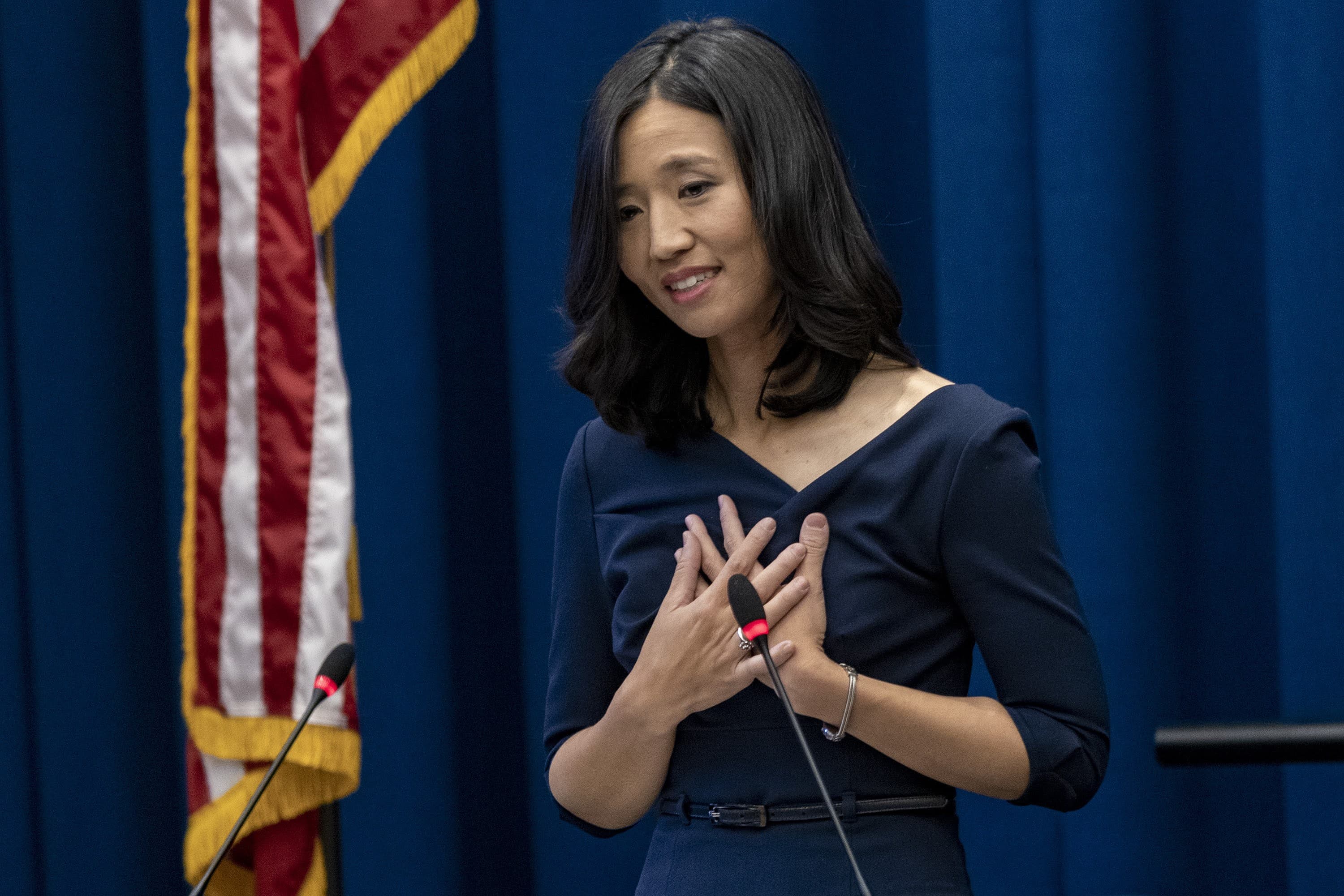
Boston Embraces Ambitious Vision to Become “Greenest in America”Boston Embraces Ambitious Vision to Become “Greenest in America” Boston’s newly elected Mayor Michelle Wu has unveiled a bold plan to propel the city to the forefront of environmental sustainability, with the ambitious goal of becoming the “greenest in America.” Key Pillars of the Plan: * Clean Energy Infrastructure: Investing in renewable energy sources such as solar and wind, and developing a resilient and reliable energy grid. * Zero-Carbon Transportation: Promoting electric vehicles, improving public transportation, and reducing traffic congestion through smart mobility solutions. * Green Buildings: Encouraging the adoption of energy-efficient designs, renewable building materials, and sustainable construction practices. * Urban Greening: Expanding green spaces, planting trees, and creating wildlife corridors to improve air quality and mitigate urban heat. * Climate Resilience: Investing in infrastructure and policies to adapt to rising sea levels, extreme weather events, and urban flooding. Transformative Initiatives: To achieve its goals, the plan outlines several transformative initiatives: * Climate Action Plan 2050: Developing a comprehensive plan to reduce citywide greenhouse gas emissions to net zero by 2050. * Green Building Code Update: Implementing a new building code that mandates high-performance energy and sustainability standards for all new and renovated buildings. * Zero-Emission School Transportation: Transitioning the city’s school bus fleet to electric vehicles by 2025. * Urban Forest Expansion: Planting 700,000 trees by 2030, creating a verdant urban canopy that will improve air quality and provide shade. * Green Infrastructure Network: Establishing a interconnected network of green spaces, wetlands, and open water that will enhance biodiversity and support local wildlife. Collaboration and Partnerships: Recognizing the importance of collaboration, the plan emphasizes the need for partnering with local organizations, businesses, and residents. It calls for the creation of a Green Advisory Board to provide expert guidance and support. Economic and Health Benefits: In addition to its environmental benefits, the plan is expected to generate economic growth through the creation of jobs in green industries and the attraction of businesses and talent. It also aims to improve public health by reducing air pollution, promoting active transportation, and creating healthier living environments. Mayor Wu’s vision for a greener Boston is a bold and necessary step towards creating a sustainable future for the city and its residents. With the plan’s comprehensive approach and collaborative framework, Boston has the potential to emerge as a leader in the fight against climate change and become a model for other cities striving for environmental progress.
Posted inNews